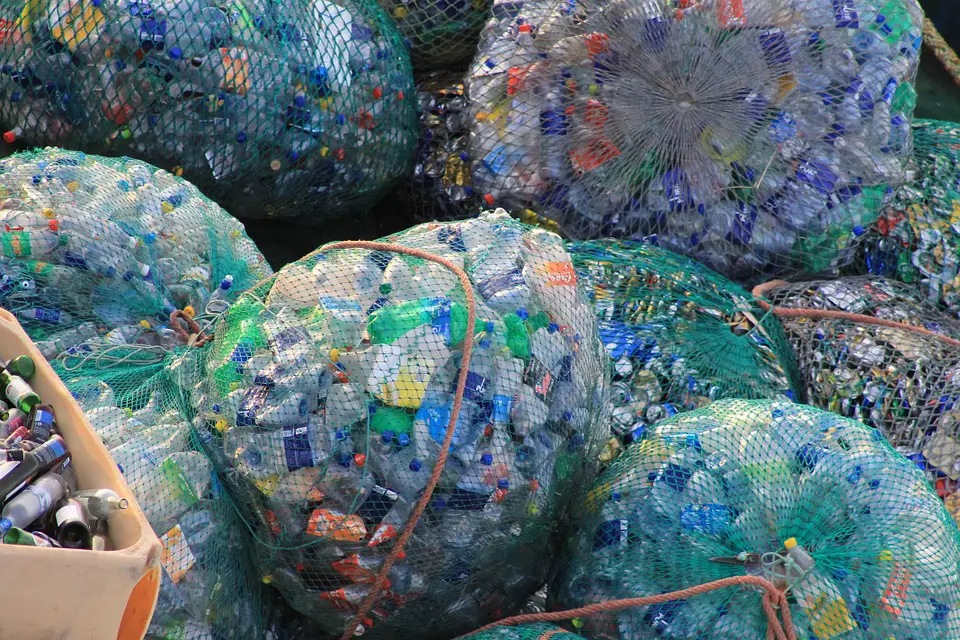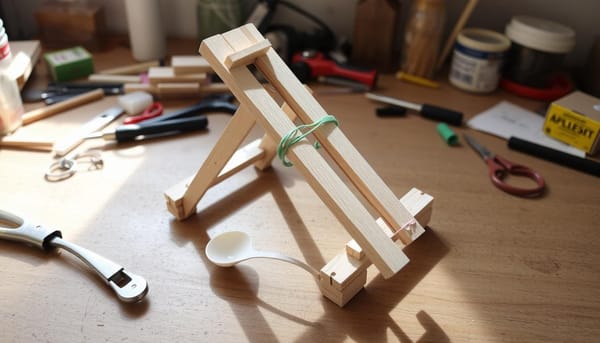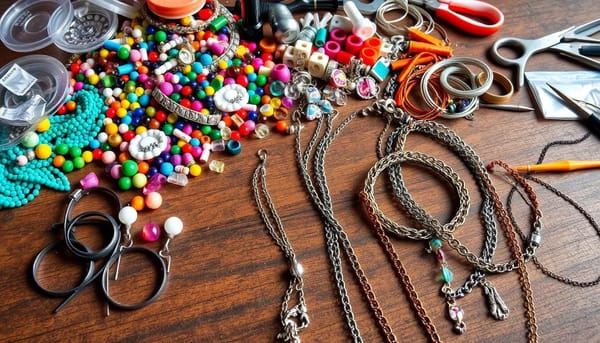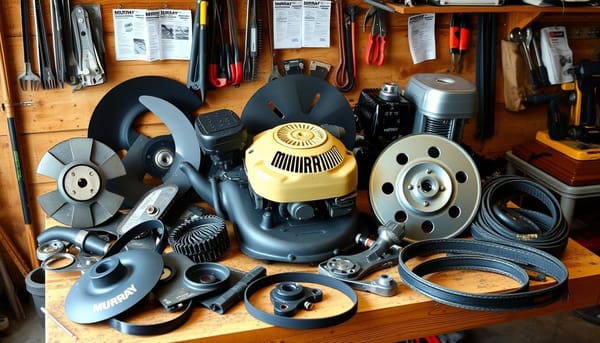How One Startup is Turning Clean Streets into Fat Wallets

Last week, we talked about efforts to repurpose waste into affordable housing. This week's startup has a similar goal in mind. In Haiti, much like the Mexican city we mentioned in last week's article, improper waste disposal is a large issue; in fact, locals and experts would agree that it doesn't exist at all. This means that even Earth lovers who are looking for a way to properly dispose of their rubbish may find it difficult to find the proper locations to do so, and that there's no guarantee that recyclables will actually be recycled. Small initiatives across the country are looking to tackle this waste problem.
Haitian startup Ramase Lajan, which translates to "Picking Up Money" in English, found a way to tackle plastic pollution and create a stable form of supplemental or primary income. Ramase Lajan is committed to ensuring that jobs and income opportunities exist in the industry of proper waste disposal, which is, unfortunately, lacking across the small country.
How is it done? Their program leverages local collection centers to increase opportunities for Haitians to obtain jobs that are stable, competitive and pay a living wage. In turn, workers keep canals and other major waterways clear of debris which could pollute the drinking supply. They also clear the streets and create a healthier and more aesthetic appearance across Haiti. According to their site, 1,500+ tons of new plastics are imported into Haiti daily meaning the possibility of almost continuous substrate supply to maintain this sustainable industry.
Once plastics are seen as money rather than garbage, they will gradually and forever, disappear from the otherwise beautiful landscapes and beaches of Haiti.
Ramase Lajan realizes that Haiti, like most countries, relies heavily on plastics for everything from clothing to packaging to plastic bags. Before in Haiti, plastic collectors would accumulate large amounts of plastic for recycling and then transport them to Haiti's recycling facility in Delmas. This meant that many collectors had to go by foot and wait days in order to receive their payments due to the amount of plastic and the time required to sort and exchange the plastic for payment.
The length of time collectors had to wait and the amount of plastic they had to gather before it was worth taking the trip out to the facility for payment often limited their earning potential. Ramase Lajan changed this process by creating "redemption centers" throughout the country where collectors could exchange their plastic for the same amount of money they would make by going to Delmas. A collector can thus be anyone who wants to clean up the streets and make extra money; no advanced form of transportation or long treks to the recycling center are required.
The centers are operated as franchise units and are completely self-contained, not even requiring power to operate. They can be transported and feature manually operated bottle crushers and battery operated LFT scales. The operators of these facilities, who are completely independent can, in turn, make a few tips to the main recycling center to be reimbursed for the materials that they've collected to earn their wage. The only time donor funds are provided to these owners is during the initial establishment of the facilities, after that, the units are self-funded. Once the plastic reaches the large recycling center, it is broken down and purchased for further recycled plastic production in the United States and elsewhere.
Ramase Lajan doesn't stop at creating jobs and income opportunities for Haitians, they also give back by focusing on the communities they work in. Their efforts to better public health and the environment are aided by their dedication to public health education. They recently partnered with Samaritan's Purse at one of their community redemption centers in Saint Marc; there they covered the basics of sanitation and why proper waste management is so important.
Ramase Lajan's program is modeled after similar, successful programs in other island nations that also had problems with stable income and plastic pollution. From giving back to the people to cleaning up the streets, this startup is making great headway. The real test of their business model will be making a significant impact on Haiti's plastic problem. According to Executives Without Borders, even over 1,000 of these community recycling centers, working at full capacity would take years to match the demand for recycling existing plastics. However, the company is confident that once Haitians begin to equate waste collection and recycling with potential income, efforts will increase to collect the excess plastic waste, leaving streets clear of the waste entirely over time.
haitirecycling.org
Fyxes
Thoughts, stories and ideas.




